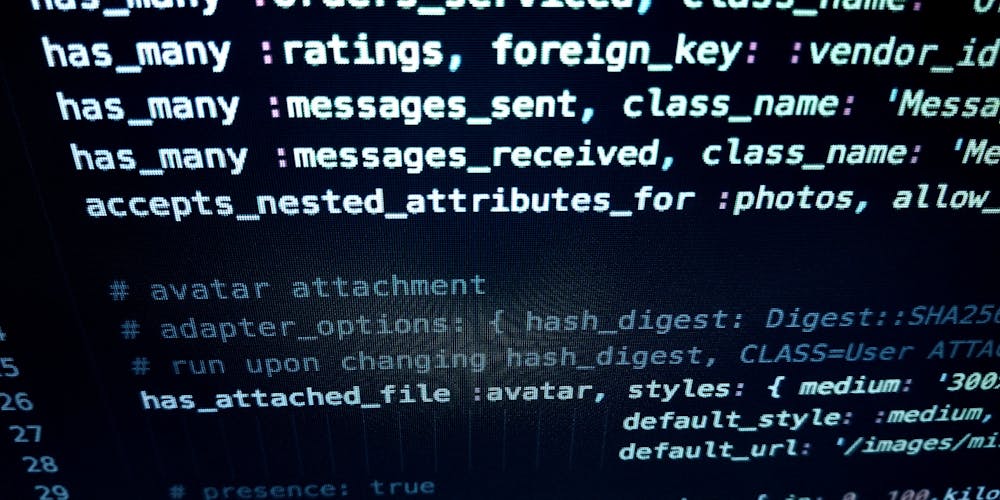The internet’s convenience is marred by the growing threat of cybercriminal activity. Among these dangers are advanced malvertising schemes that mimic authentic software adverts to dupe users. These deceptions are worrisomely effective, capitalizing on the credibility of well-known software to deliver harmful code.
A troubling facet of these campaigns is how they masquerade as benign while operating insidiously. They often infiltrate legitimate ad networks, allowing them to spread across reputable websites unsuspectedly. This increases the risk to users, who may not question the legitimacy of ads found on trusted sites.
These malvertising attacks showcase cybercriminals’ evolving tactics that not only aim to compromise systems but also to undermine trust in digital advertisements. Users are encouraged to remain vigilant, utilizing robust security software and being skeptical of downloads, even from seemingly reliable sources. By staying informed about such threats, internet users can better defend themselves against the manipulative strategies employed by these malicious actors.
The Deceptive Nature of Malvertising
Exploiting Trusted Brands
Recent reports have unveiled a cunning strategy employed by cybercriminals targeting Chinese internet users. They are exploiting reputable brands like Notepad++ and VNote by creating fake ads and websites. These malicious ads look incredibly authentic and lead users to download trojanized versions of the trusted software. Upon installation, these corrupted versions install harmful backdoors into users’ systems, providing cybercriminals with unauthorized access and control.
The threat actors’ meticulous approach involves setting up convincing domains and providing users with download options for multiple operating systems. A key tactic observed is the redirection of Windows users to an authentic repository for a similar-looking application, Notepad–, rather than the legitimate Notepad++ site. This duplicitous move lures users into downloading a seemingly innocuous program, diverting their attention from any potential risks.
Analyzing the Malicious Payload
A closer examination of the trojanized installers points to the deployment of the Geacon backdoor, a Golang-based variant of Cobalt Strike, a well-known remote access tool. This backdoor is especially disconcerting due to its breadth of capabilities, including the establishment of SSH connections, file and process operations, clipboard access, execution of files, uploading and downloading, capturing screenshots, and communicating with a command-and-control server over HTTPS.
The degree of sophistication of these rogue installers is alarming. They retrieve a next-stage payload from a server controlled by the attackers, which then integrates the backdoor with its expanded functionalities. This type of intricate, multi-stage infection process demonstrates the increasing complexity of cyberattacks and underscores the necessity for robust defensive measures to protect against these invasive threats.
The Critical Need for Vigilance
Awareness Can Prevent Attacks
The entanglement of trusted brands in malvertising campaigns accentuates the importance for users to exercise caution when downloading software from the internet. Cybersecurity experts agree that common behaviors, such as relying entirely on search engine results for software downloads, can be easily manipulated by malicious actors. This exploitation of user trust serves as a wake-up call for individuals to remain vigilant and verify the sources of their downloads.
While many users may be lured into a false sense of security when interacting with familiar brands online, the reality is that cybercriminals are continuously searching for new methods to deceive and infiltrate. The danger of software piracy and the manipulation of genuine brands is a stark reminder of the perils that lurk online. Adopting stronger cybersecurity practices, such as downloading software exclusively from verified publishers or official websites, can greatly mitigate the risk of succumbing to such targeted attacks.
The Importance of Stronger Cybersecurity Practices
The rising sophistication of malvertising campaigns, exemplified by the dissemination of corrupted Notepad++ and VNote installers, is a significant internet security concern. Constant vigilance and proactive learning about the ever-evolving cyber threats are imperative for users. By understanding the risks and fortifying their defenses, individuals can minimize vulnerabilities.
To effectively combat malvertising, a collaborative approach is vital. Exchanging insights on the latest methods used by cybercriminals, such as the crafty distribution of backdoors via tainted software, enhances collective digital immunity. With regular updates on security strategies and maintaining rigorous online habits, users can better navigate the tricky landscape of cyber threats. Lowering the risk posed by malicious actors is a shared responsibility that involves staying informed and implementing strict cybersecurity measures.

